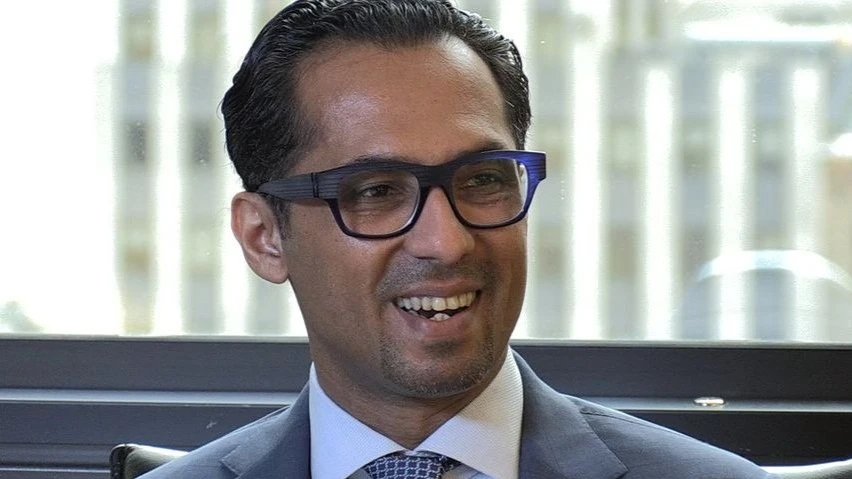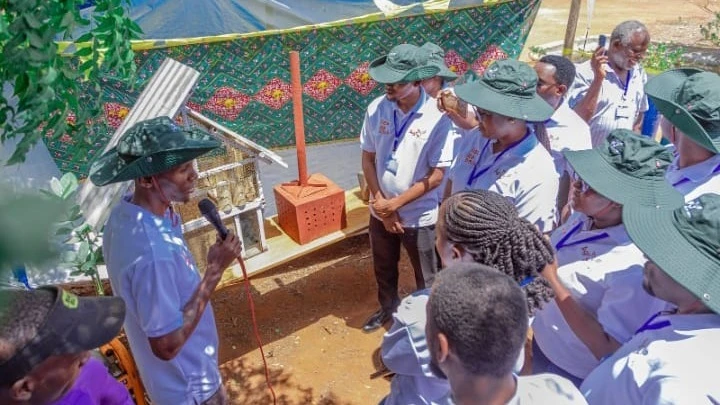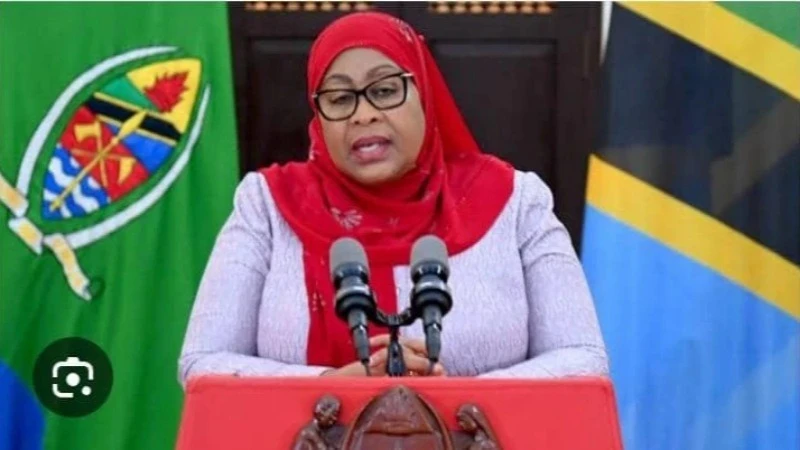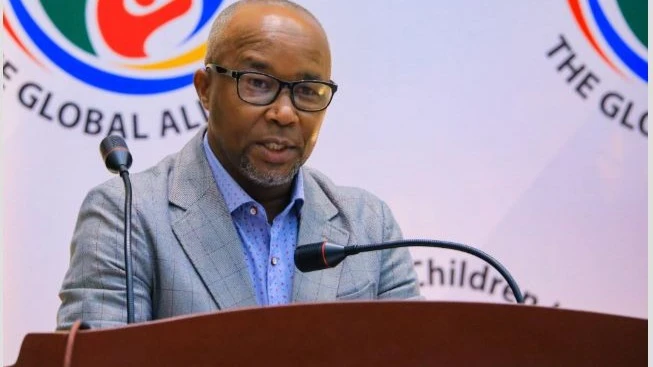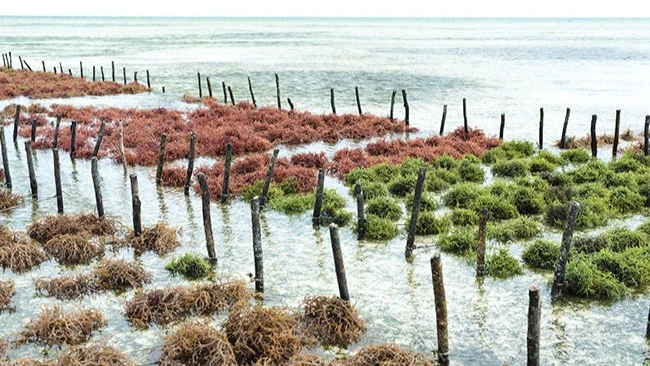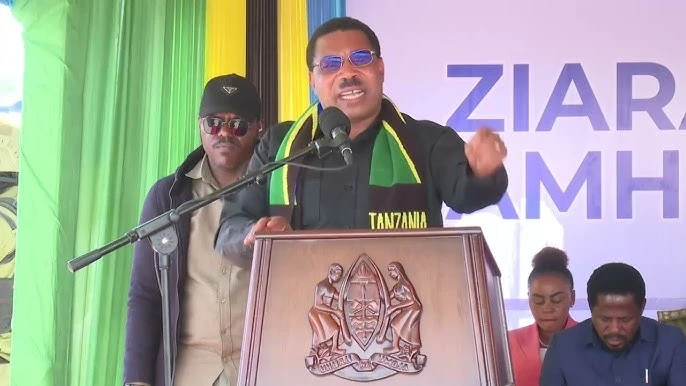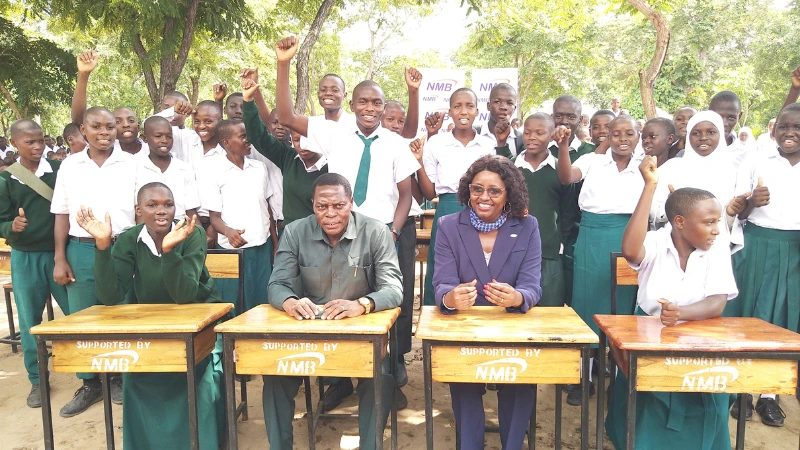Reasons behind DAWASA’s bosses’ suspension

UNREASONABLE water loss at the Dar es Salaam Clean Water and Environmental Sanitation Authority (DAWASA) is one of the three reasons led to the suspension of two top officials, who are now waiting for investigations.
The second reason is failure to make follow ups to fixing dilapidated water supply infrastructure which leads to leakages of million liters on a daily basis.
The third reason is the overlooking of crucial details, resulting in poor decision-making with regard to water supply activities.
Kiula Kingu, the then DAWASA’s Acting Chief Executive Officer and Shaban Mkwanywe, the then DAWASA’s Director of Production were suspended from their positions by Jumaa Aweso, Minister for Water on Sunday June 30, 2024.
The water minister’s decision came just six days after The Guardian had on June 24, 2024 (last Monday) published a special report on a shocking rate of daily water loss at the authority attributed to poor management of supplying infrastructure.
The suspension stemmed from a report presented by Engineer Mwajuma Waziri, the Permanent Secretary, ministry of water, to the Minister Aweso, DAWASA Management, the authority’s board members and the regional political committee.
The PS noted that the government has invested in machinery capable of producing 590 million liters on a daily basis, but due to inefficiencies and poor control of water loss, the authority currently produces only 320 million.
“The authority sells only 210 million liters on a daily basis with water losses standing at 110 million liters. This loss means the authority could potentially serve an average of six million residents of Dar es Salaam, Bagamoyo district council and Kibaha district councils where DAWASA serves,” said Engineer Waziri.
The lost 110 million liters water is equivalent to 34.37 percent of the current production.
According to Waziri, Upper Ruvu plant pumps are now working, which causes water shortages.
However, she noticed that there are unfixed water chambers along the water distribution network.
In separate interviews held earlier May this year before the minister’s decision, the Acting Head of Communication Department Everlasting Lyaro, assured that water loss was well managed.
Lyaro said that water loss is well controlled with water production capacity of 590 million cubic meters on a daily basis while the demand stands at 585 million cubic meters, an excess of five million cubic meters.
Investigation by these journalists had earlier established from the latest released Water Utilities Performance Review report for the financial year 2022/23, compiled by the esteemed Energy and Water Utilities Regulatory Authority (EWURA), revealed a concerning uptick in water loss.
The report discloses that the percentage of water loss concerning water production has surged to 37.2 percent in 2022/23, a noticeable escalation from the previous year’s 35.5 percent in DAWASA’s served areas.
This heightened water loss trend is particularly prevalent in Dar es Salaam city and across the other 84 Water Supply and Sanitation Authorities (WSSA) scrutinized within the comprehensive report.
Nevertheless, as elucidated in the meticulously detailed Controller and Auditor General (CAG) report for the financial year 2021/22, which surfaced in March 2023, reveals related information in water loss within the three towns served by DAWASA namely Dar es Salaam, Bagamoyo and Kibaha.
The CAG report says that in 2018/19 the water loss in DAWASA’ served towns was 49.20 percent, in 2019/20 it was 41.25 percent, in 2020/21 it was 38.89 percent and in 2021/22 it was 39.03 percent which is 3.53 percent more than the percentage of water loss as stipulated in the current EWURA’s report.
EWURA’s water loss trends is, however, similar to that of the parliamentary Public Investment Committee (PIC) statement issued by Chairperson Deus Sangu on March 20, 2024 which states that annual water loss at DAWASA stands at 37 percent, above the International Water Association (IWA) benchmark which requires annual water loss not to exceed 20 percent.
Sangu said that DAWASA’s customers have increased to 432,000 in March 2024 from an estimated 200,000 customers in March 2021.
According to DAWASA’s website, the authority collectively serves Dar es Salaam, Bagamoyo district council and Kibaha district council in the Coast region.
The remaining seven districts of the Coast region are served by five Water Supply and Sanitation Authorities (WSSAs). The five WSSAs are Chalinze Water Supply and Sanitation Authority, Kilindoni Water Supply and Sanitation Authority in Mafia, Kisarawe Water Supply and Sanitation Authority, Mkuranga Water Supply and Sanitation Authority and Utete Water Supply and Sanitation Authority in Rufiji district council.
This journalist had established that water losses if well managed; the lost water could be used to fix the utility shortage in DAWASA’s served towns.
With regard to the water crisis in DAWASA’s served towns, this publication dated April 10, 2024, released an in-depth exposé shedding light on the obstacles confronting residents in their quest for reliable access to uncontaminated water sources within the urban landscape.
Top Headlines
© 2026 IPPMEDIA.COM. ALL RIGHTS RESERVED



